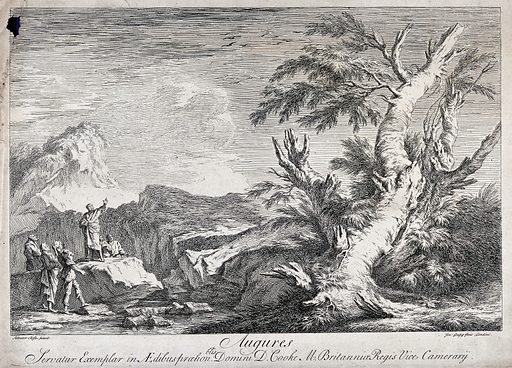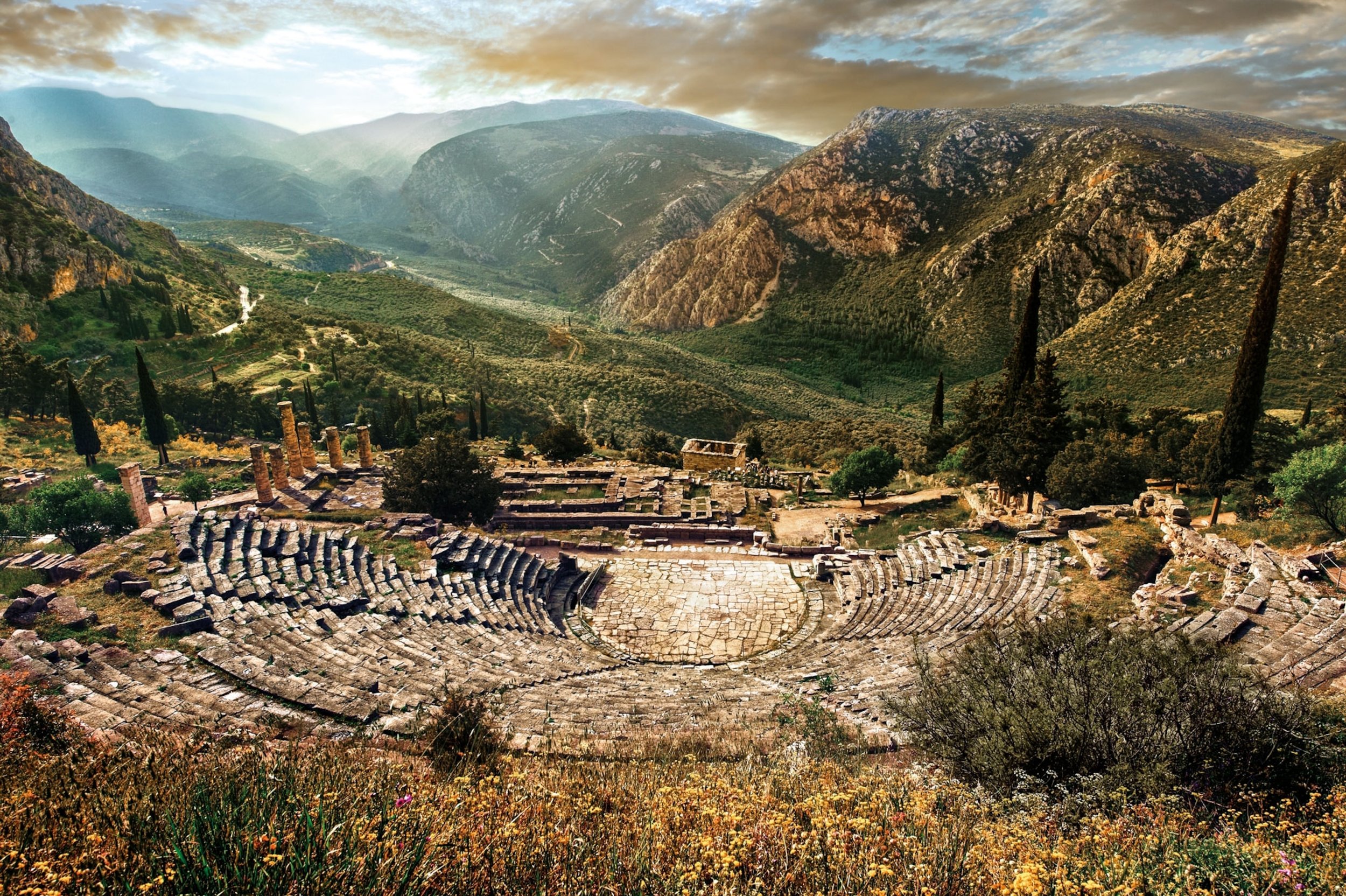Horary: The Magic of the Moment
Do you have a burning question? If so, you have already begun the process of divination. Since the earliest times, people have wanted answers! In that way, we are not much different than our ancestors. People have been putting their questions to the universe for millennia. It is thought that the earliest method of divination was interpreting omens. Our ancestors would look in the entrails of sacrificed animals or the flight pattern of birds to divine the future.
As astrology emerged and gained acceptance, its use became more heavily favored as it was less messy than animal entrails and more predictable than bird observation. It also allowed the practitioner to fast forward or rewind in time and space and observe patterns. And once you establish patterns, you can start applying rules of interpretation to what you see. And this led to several different branches of astrology being introduced. One of those branches was horary or interrogational astrology. Hora means ‘hour’ in Latin and shares the same root as horoscope.
Roman augurs interpreting the flight of birds. Etching by J. Goupy 1724 after S. Rosa.
Horary astrology marks time and casts the chart to answer a client’s burning question.The key to horary or interrogational astrology is noting the time that a question becomes important enough that you seek the counsel of an astrologer.
And there is the magic: the interaction between client and astrologer and the presence of a burning question. A horary chart is the moment you need to know something so badly you ask an astrologer for their expertise. So a horary chart is NOT the moment you lose your keys (an event chart) but the moment you realize you lost your keys and decide to ask for an astrologer’s help. A horary chart is NOT the moment you swipe right on a potential date on that app, but the moment you really want to know how this first date will go and ask an astrologer’s opinion. There is something in this moment between astrologer and client and the need to KNOW.
Denial from Beyonce’s visual album Lemonade as written by poet Warsan Shire. “…still inside me coiled deep was the need to know…”
In this way horary shares similarities with other divination methods such as tarot (which I also practice). While I can do a ‘general reading’ in tarot, I find it can be a waste of time since we spend much of it trying to get to what the client really wants to know. The more I learn about divination, the more I think we should consider what we want to know and why. Once we can see it honestly, I think the horary is strengthened and much better set up to answer your real concerns. This can act as a hedge against catastrophic thought and anxiety that might otherwise plague you when you consider the future.
In ancient times you would face great difficulties and bring offerings to ask a question of an oracle. I think this helped refine the importance of what they were doing and why. This is not to say that we should only ask ‘big’ questions, I think the universe is willing to answer anything we bring to it as long as it is important to us and advice we are willing to consider. But imagine traveling for weeks or months, making the dangerous trek to Delphi or a similar sacred place, waiting for the day when the oracle would be available, preparing your offerings, standing in line all day to even see if you would be accepted, and then finally making it to the oracle, only to have no clear idea of what you are asking or why. I can’t imagine anyone would have made the effort!
Similarly, when we approach the planets today to ask for their guidance, we should consider what is truly on our hearts. We owe it to ourselves to be honest. When we do that, we are more likely to find relief in the answer. Because we faced the true question.
Ruins of the Oracle at Delphi, Greece
Sources
Hellenistic Astrology: The Study of Fate and Fortune by Chris Brennan (available at fine bookstores everywhere)
The Martial Art of Horary Astrology by Dr. J. Lee Lehman
The lectures and notes of my teacher, Samuel F. Reynolds
Delphi: A History of the Center of the Ancient World by Michael Scott


